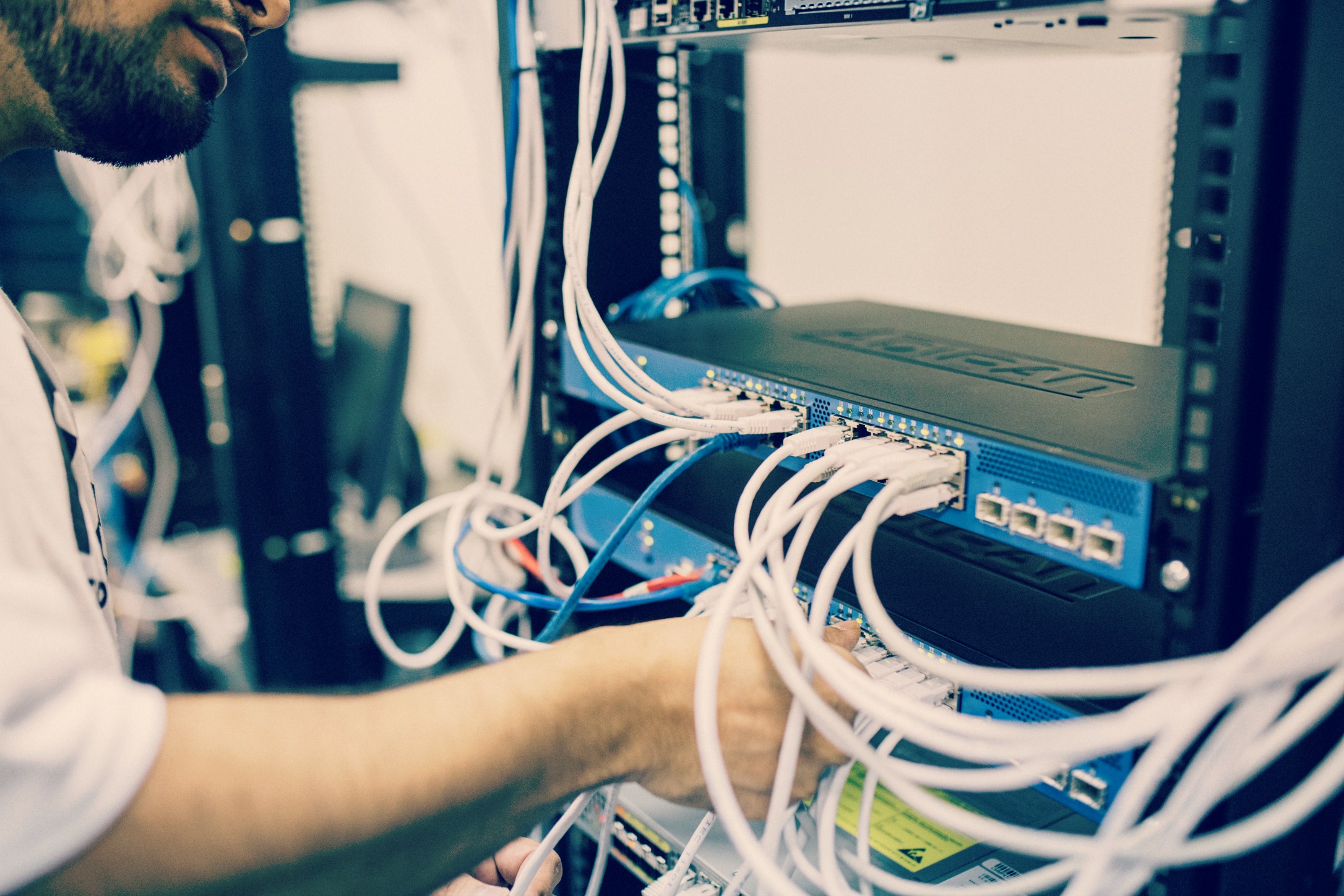Finding the right technicians for your overseas deployment goes beyond finding someone who can lay fiber optic cable or install a 5G compatible system. No, you need an installation technician who can speak the language of the host country and knows the local regulations, tax compliance, and cultural nuances. Global deployment isn’t about simply finding a technician — it’s about finding a fit for the outpost you are seeking to establish a beachhead.
Finding telecom technicians to complete jobs globally can be a challenge. McKinsey has studied the issue and found that while most CEOS value their tech’s knowledge and consider it a major asset, “making the most of that asset is difficult: for example, few surveyed executives felt that their companies were good at transferring lessons learned in one emerging market to another.”
The McKinsey report goes on to say: “At the same time, many companies find deploying and developing talent in emerging markets to be a major challenge. Barely half the executives at the 17 global companies we studied in depth thought they were effective at tailoring recruiting, retention, training, and development processes for different geographies.”
There are companies out there that do all of that for you. Partnering with a company that not only handles the nuts and bolts site work, but also can deal with payroll, paperwork, training, dispatch, and platform management can lift a huge burden from a company, allowing it to focus on its core services.
Software solutions provider Astea notes: “The value of field automation solutions has become very clear for field service organizations today. From getting the right tech to the right job, prepared and on time, to giving them access to the right information and back office personnel while on site.”
Here are tips on finding the right tech to launch your overseas project:
Look Local: If you are completing a telecommunications project in Oman, the laws are clear that: “Telecommunications systems or a group of integrated systems including the necessary infrastructure that permits telecommunication between and among defined network termination points including means to access the World Wide Web.”
Anything meeting this threshold requires a license, a process that requires one to go through the Minister of Transport and Communications. A local technician would know this; someone brought in from outside the country might not. The key is to think globally, taking both global and local considerations into account and adapting your deployment to the particularities of the local culture.
Language: While English is the universal language of business, your efficiency will be greatly amplified if you partner with a technician who is fluent in the local language. There are so many inferences and nuances in any given language. IT in English is a language all itself; IT in another language is a language within a language. You need fluency in all.
Budget: When you consider the cost of moving employees halfway across the globe, housing them, training them, and getting them up and running, the savings of partnering with a local technician who knows the lay of the land can be quite significant.
24/7 Access: You don’t want your project stymied simply because it is “nighttime in Indonesia” or “it’s the weekend in the Netherlands.” You need seamless, available technicians who are on call for your needs at all hours in all time zones.
Skill Sets: You need to define the skill sets you are seeking, whether that be multi-site or isolated installations, repairs, upgrades, and maintenance. Decide whether you need platform management, remote support, ticket processing, and a white-label dispatch desk. Look for a partner that can provide such services. Also, search for technicians that can provide the most scalable solutions. You want the flexibility to tackle a huge multi-site job or a single unit.
Follow these steps and download our whitepaper about going global and you should be ready to find the right people, whether you’re completing a job in Brazil or Botswana.






